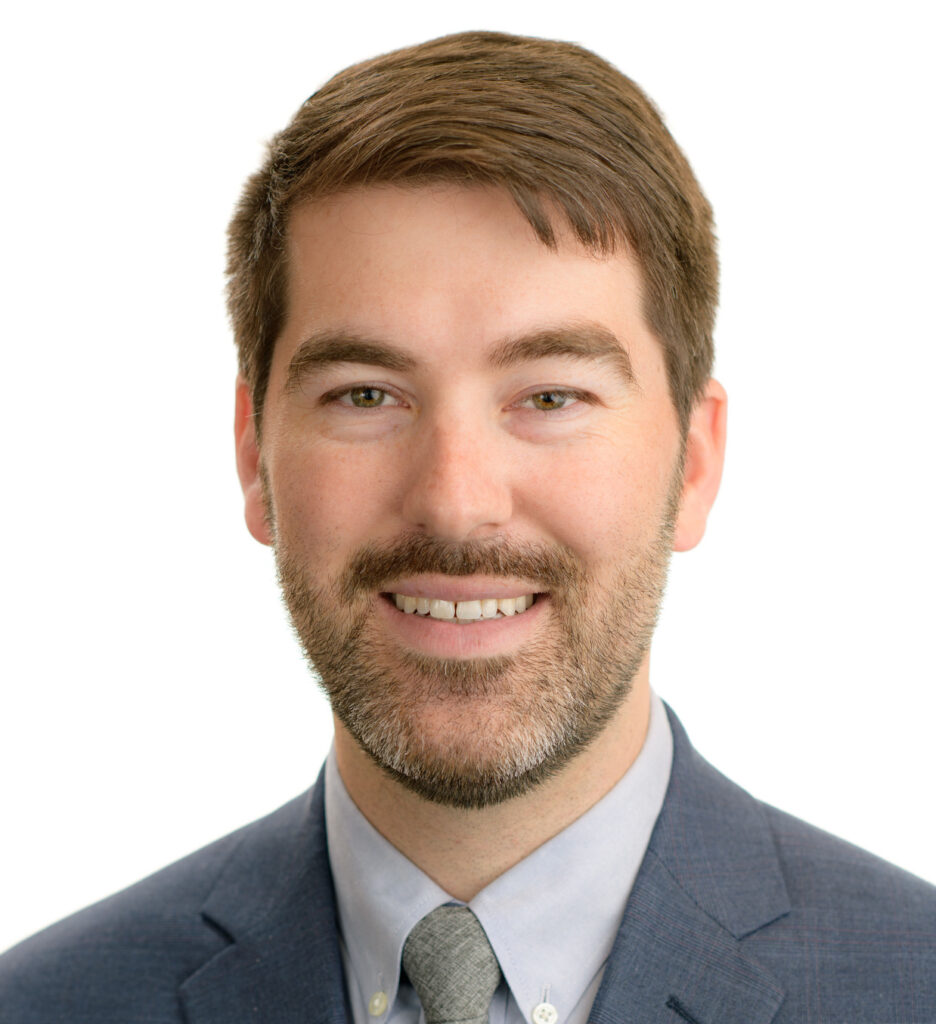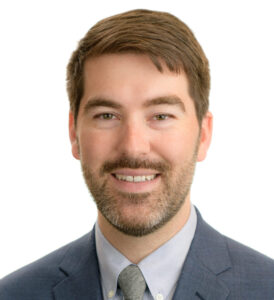The John Grill Institute for Project Leadership’s monthly ‘Researcher in Spotlight’ piece aims to highlight the bright minds that make up our organisation and showcasing the diverse range of experts who contribute to our work. We are delighted to feature a profile on our Internal Management Group member, Dr Aaron Opdyke, for February’s instalment.
Please briefly introduce yourself.
I am a Senior Lecturer in Humanitarian Engineering and the Academic Lead for the Projects for Sustainable, Resilient and Just Futures theme within the John Grill Institute for Project Leadership. My research looks at how we can deliver more effective and inclusive solutions in humanitarian response, disaster risk reduction, and climate change adaptation. I have worked on research which draws on multi-disciplinary, field-based methods on projects in Australia, the Philippines, Indonesia, Nepal, Haiti, and regionally across the Middle East and North Africa.
I joined the University of Sydney six years ago to grow Australia’s first program in humanitarian engineering – a field which seeks to develop solutions to respond to disasters and conflict as well as tackle human development challenges facing disadvantaged, marginalised, or vulnerable communities.
What are your research interests?
I am broadly interested in understanding how disasters, conflict, and climate change impact communities and how governments and organisations prepare and respond to these globally escalating challenges. One stream of my work narrows on sheltering, housing, and settlements – exploring the pathways which enable communities to build safer and why they make these choices. My work in this area is actively collaborating with the Global Shelter Cluster and other partners to understand how humanitarian organisations can support communities recover after shocks.
A second thread of my research seeks to characterise disaster risk across social and engineering boundaries. This includes developing new measures and tools to assess disaster risk which integrate scientific, local, and indigenous knowledge. For example, recent work I am leading in this area – funded by the Asia-Pacific Network for Global Change Research – is developing more localised flood risk assessments under climate futures in the Philippines and Indonesia and mobilising knowledge through participatory approaches, such as serious games.
Finally, a third stream of my work looks at the systems shaping displacement from disasters and climate change. This includes exploring not just the solutions to reduce disaster risk, but also the processes that lead to risk creation and how organisations can respond to increasing complexity.
How does this relate to Project Leadership?
Our ability to respond to crises hinges on our ability to organise and deliver projects. The conditions in the contexts I study make delivering projects particularly challenging and unique sites. Advancing how these projects are delivered through innovative leadership is important to address global challenges.
How has being involved in the John Grill Institute for Project Leadership been? How has it enhanced your work?
It is great to be among colleagues who bring together such diverse ideas – the Institute provides a unique platform to bring together industry leaders and researchers, opening doors to new opportunities, collaborations, and partnerships, which has advanced my research both theoretically and practically.


